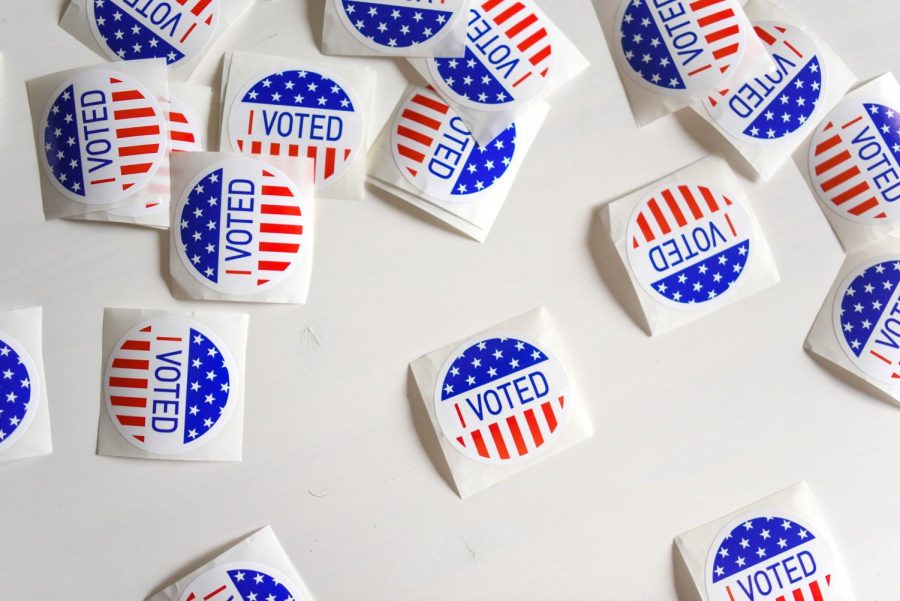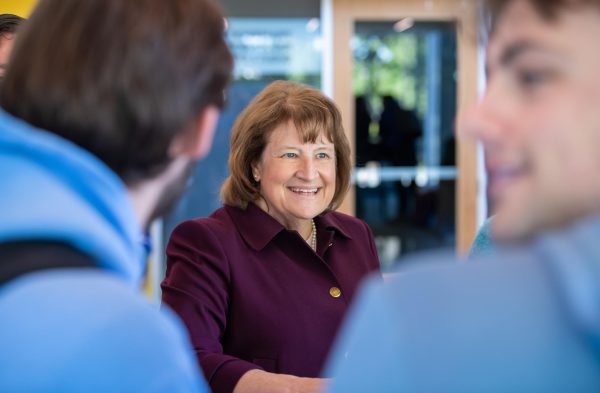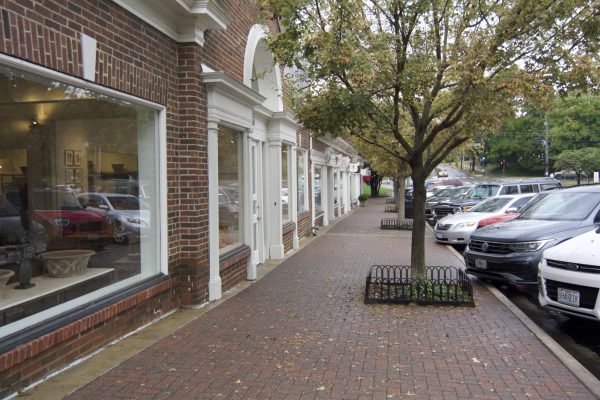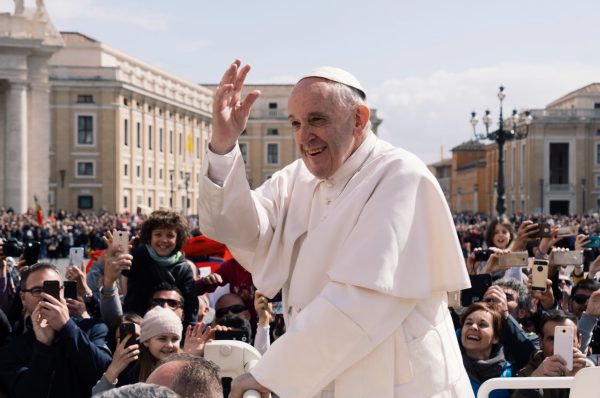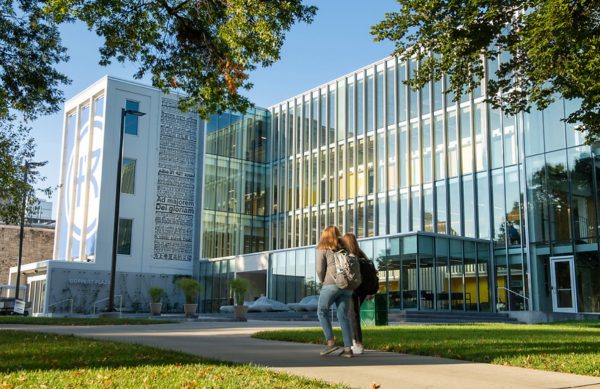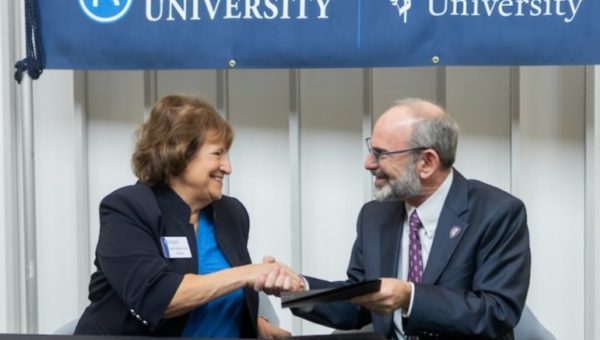Midterm elections are Nov. 8 & we are answering your FAQs
Midterm elections are right around the corner, and many Rockhurst students will vote on Tuesday, Nov. 8 to influence their community. However, some students are currently in need clarification about what is on the ballot or how they go about voting.
“I know that midterms are coming up, but I am not sure I am ready to vote,” stated Oscar Ahumada, a sophomore at Rockhurst University, “I know I will, but I am not sure who is running for what their policies are. I know what I believe and what policies I care about, but I don’t know what is up for a vote during the election,” said Ahumada.
Forbes’s Marybeth Gasman cited a survey of college students from BestColleges.com in which their main concerns for this election were collected. Those primary concerns are abortion rights, the economy, inflation, and employment.
However, despite some students being unsure of what is on their ballot, according to Inside Higher Ed’s Johanna Alonso, another survey of students conducted by Course Hero said that 77% of college students have said that they plan to vote in the midterms coming up. This is reflected by college students voting at record highs in recent elections. It is likely the midterm won’t be different.
In the 2020 election, the Washington Post recorded that 66% of college students were registered to vote and cast their ballot, which was a 14% increase from the 2016 presidential election. The 2018 midterms also saw an increase in voter turnout with 40% of registered college students voting rather than 19% in 2014.
“We were raised with the internet, and I think it deeply impacted the level of involvement students have with government,” said senior Blake Gonzalez, “There has been an increase in younger voters through social media connection, and we can only see that number grow. The constant engagement has created a more passionate voter base.”
What topics will be voted on at midterms?
The higher level of voting from college students and online activism has caused many Rockhurst students to become eager to vote, especially with the topics on the ballot this year. Residents of Missouri will be voting on prevalent issues, including marijuana legalization, the increase of police funding without reimbursement from the state police force, giving the Missouri National Guard its own department in the state government and whether or not Missouri should hold a state constitutional convention. For more insight into the Missouri ballot, check out Ballotpedia’s rundown.
How do I vote as a Missouri resident?
For Rockhurst Missouri students to vote, they must do so at their assigned polling place or a central polling place, if there is a problem with their assigned polling place. For a student to find their polling place, they can go to voteroutreach.sos.mo.gov and find their assigned voting location. Also, to vote in Missouri you need to bring a photo ID, which can be a Missouri Driver’s license or any document that has the voter’s name, photo, and expiration date and is issued by the United States or the State of Missouri. Something also to note is that Rockhurst University has out-of-state students.
What are my options to vote as an out-of-state student?
Out-of-state students also can use their student ID to vote for the state their school is in and even change their voter registration if they reside at their school temporarily or permanently. Some out-of-state students struggle to determine which state they wish to vote for.
“Most of my time is spent at Rockhurst and is where I spent most of my time so it makes me wonder if I should vote here,” said senior Sophia Sidzyik, a student originally from Nebraska, “But I learned that I can only vote for one state so I decided to vote in person at home.”
What resources are available to me on campus?
Rockhurst does have resources for students still wondering what the best way for them to vote is and if they have further questions. The Prosperity Center here at Rockhurst works to create engaged citizenship and encourage civic engagement even after the election. The Offices of Mission and Ministry also support and encourage dialogue and reflection to practice civil discourse and mindfulness when voting and discussing political issues.


